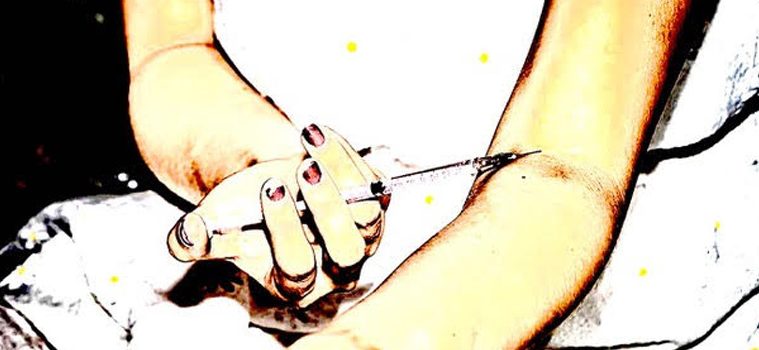Medical Malfeasance? –
May 5, 2018 – I treat addiction for a living. My patients are often admitted to the hospital after inadvertently injecting bacteria into their bodies, along with heroin or methamphetamines. They have hot, red infections that become so tender they can’t bear the lightest pressure on the skin. Or worse, infections that have traveled past the site of the initial injury and now lodge in their joints or hearts or near their spines. These are life-threatening conditions. But most of my patients avoid the hospital until it is almost too late. They come only when the pain is so terrible they can no longer walk, or when their fevers make it impossible to sleep, or when friends or relatives or ambulances bring them in delirious, or unconscious. They avoid the hospital because they are drug users and they are afraid that their drug use will mark them as a different class of patient, that their treatment will be worse, and they will suffer. Addiction is profoundly stigmatized throughout the U.S. health care system. I recently treated a patient whose illness left her so weak she was unable to walk more than a few steps without help. She’d been admitted with complications from old infection, but now was on the mend. We planned to discharge her to a nursing facility where she could improve her strength before finally going home. But at the last minute, the facility refused to take her. My patient was on buprenorphine, a medication to treat opioid addiction. It is a pill she takes once a day, like the blood pressure, pain and antidepressant pills nursing facilities give patients every day. But this pill, this condition, made her “too complicated,” they said. In other words: We don’t accept her kind.



